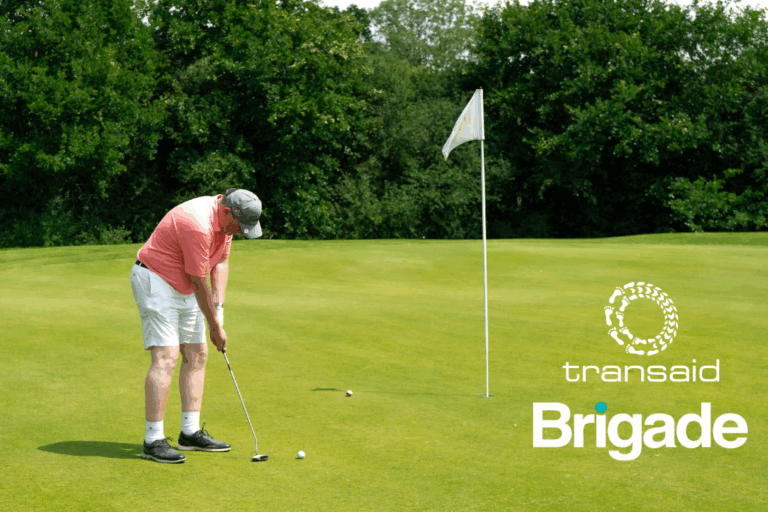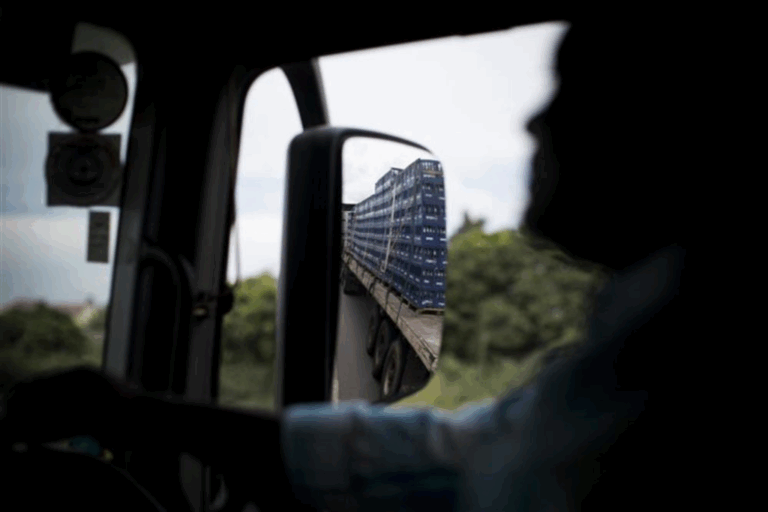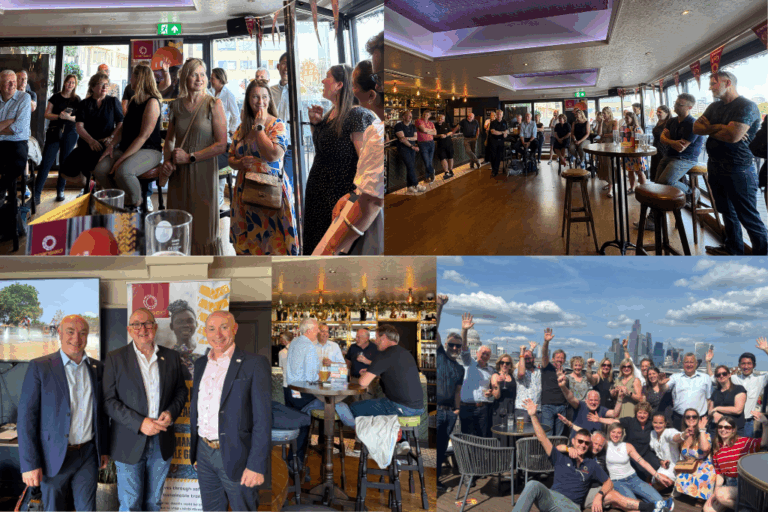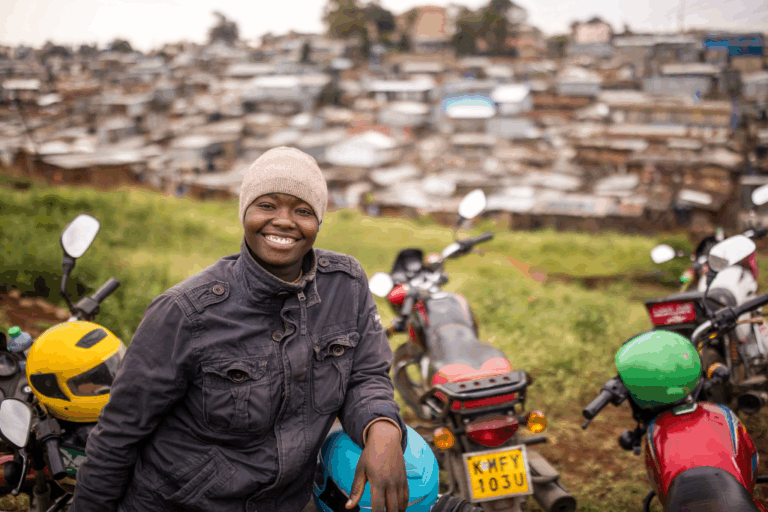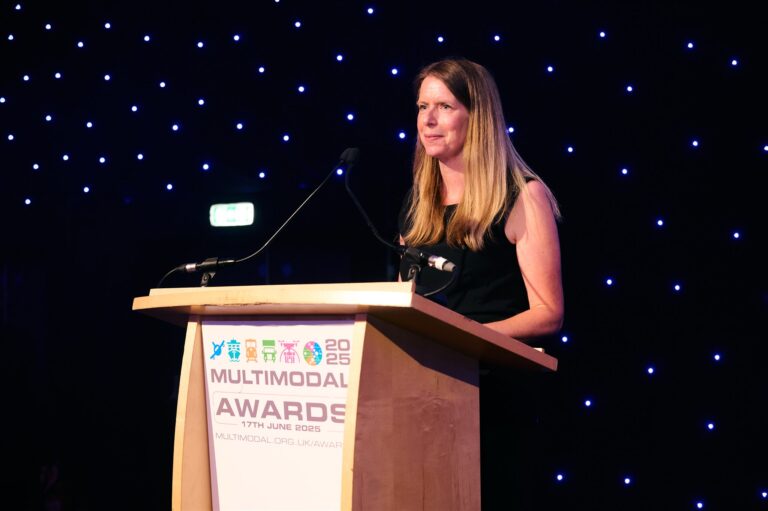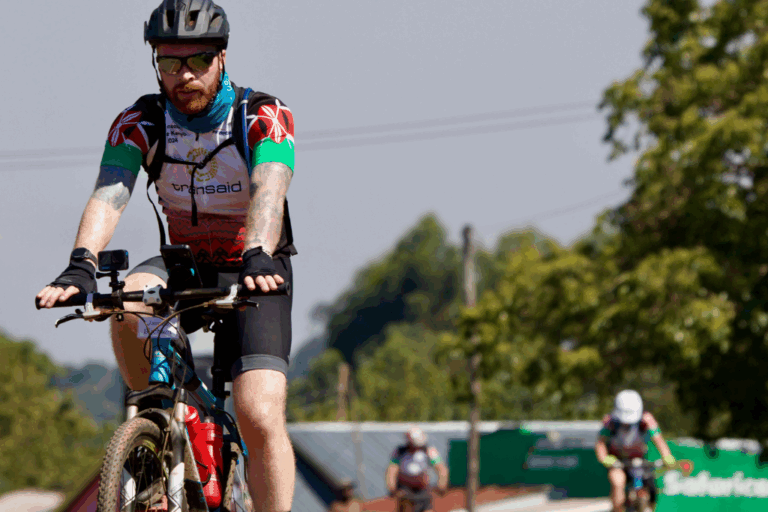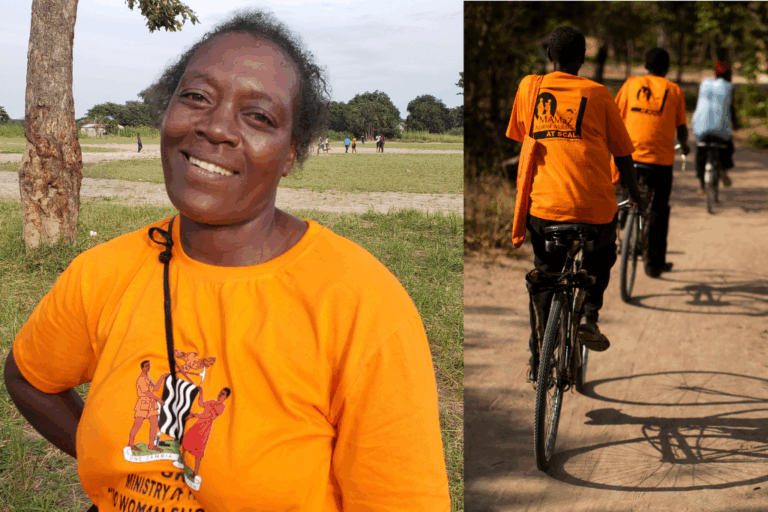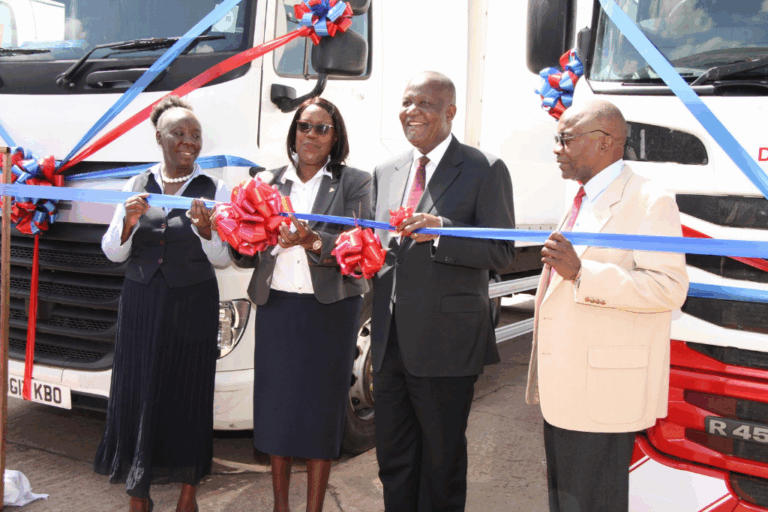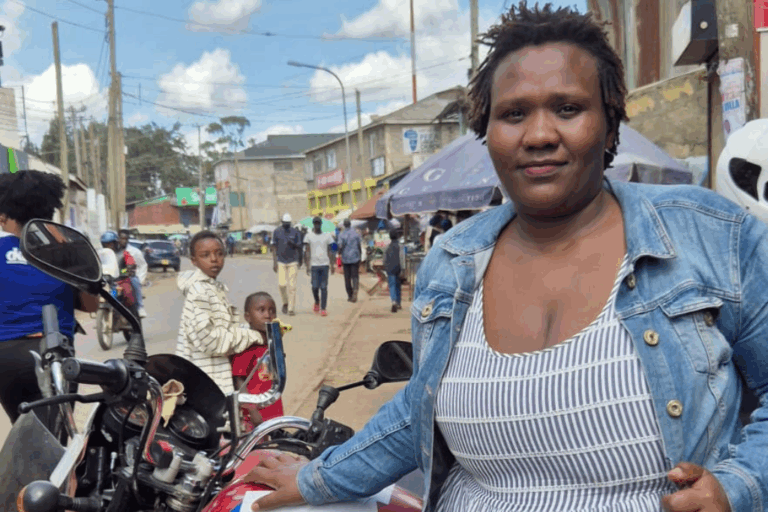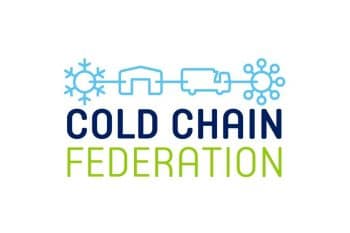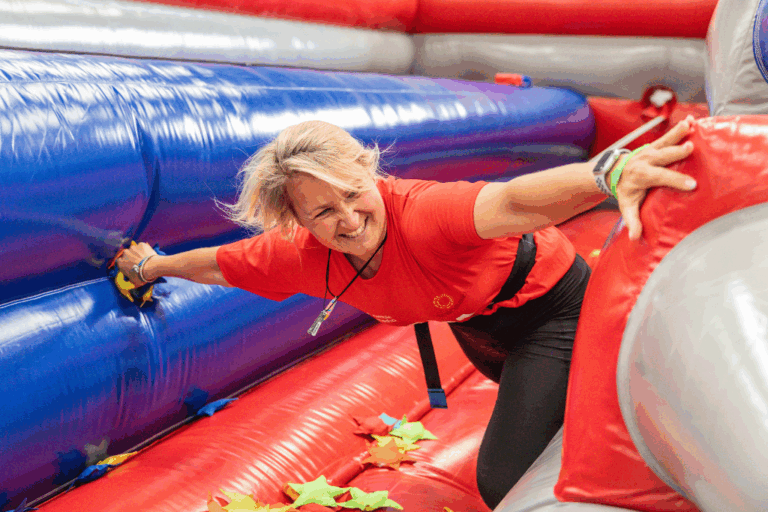
News
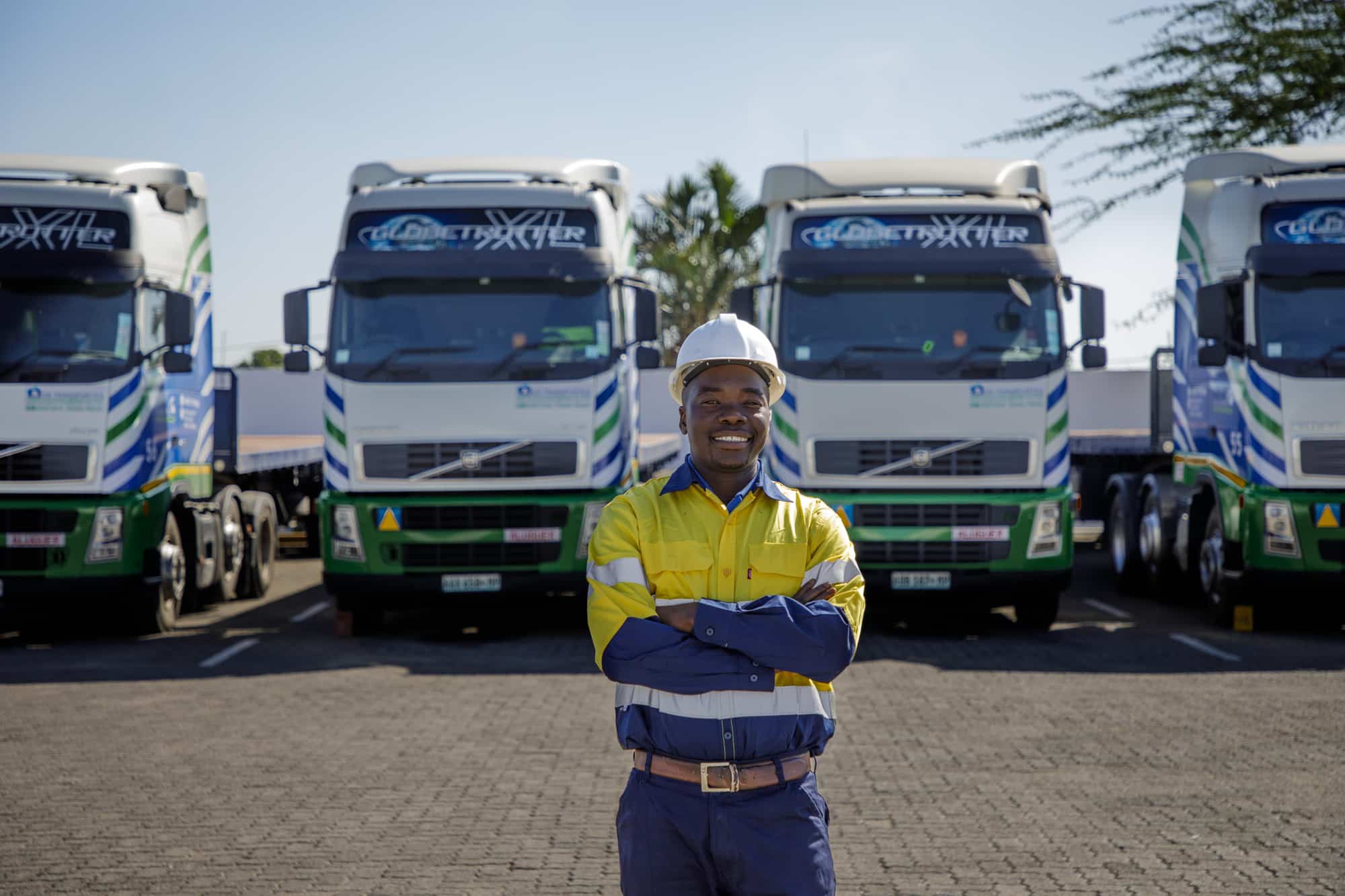
Increasing mobility of Community Health Workers in Madagascar
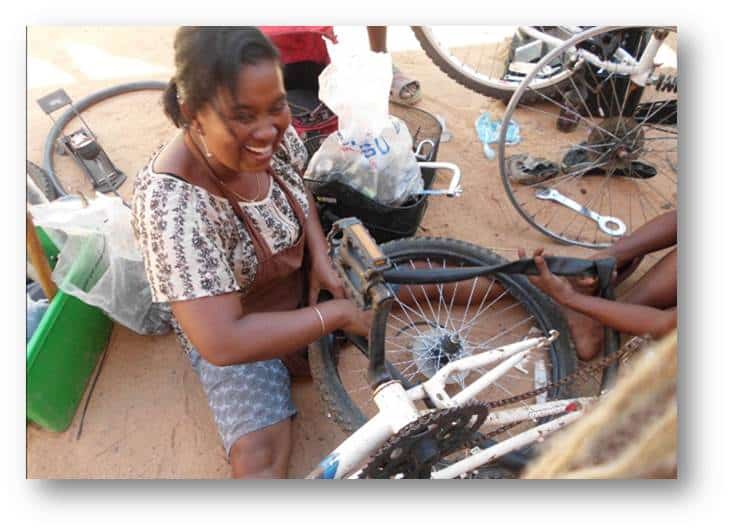
On the large, remote, southern African island of Madagascar its hard-to-reach Malagasy communities endure high endemic poverty and a recent history of civil strife. In 2011 Transaid partnered with JSI Training and Research Institute, Inc. (JSI) and The Manoff Group in a major USAID funded project, to reach out to communities in northern and western parts of the island.
The MAHEFA project answers to the country’s basic community health needs, in line with the National Community Health Policy which aims to bring essential health services as close to the patient as possible. MAHEFA aims to support local people to manage their own provision and access to maternal, child and other essential community health care. It is vital that local community health workers (CHWs) have good access to the populations they work with.
Besides regularly visiting patients, the CHWs must keep their local facilities stocked up with essential drugs and other medical commodities, provide health promotion and community sensitisation activities, take part in local meetings, and get back home in time to write up their reports. They must do this every day. For CHWs to serve their communities well may mean daily travel of 20 to 30 kilometres, often across difficult terrain. This is typically done on foot, taking many hours simply to reach a village. They then struggle to complete all their health-critical services and tasks before it gets dark and the journey back home becomes dangerous.
Since 2013, MAHEFA has distributed bicycles to CHWs and provided training on safe riding, maintenance and repair. Clear evidence is now emerging of the differences these bicycles make to the quality of health service provision and to CHW satisfaction. CHWs using MAHEFA bicycles cover greater areas and carry out all community health activities, including sensitisation and restocking health commodities. They are not late for meetings and they submit timely reports.
Gabriel is a CHW from the isolated district of Mahabo. Since receiving his MAHEFA bicycle he visits up to 10 homes each day. Before, he’d manage to reach just three houses in one day. His visits are also longer since it takes him less time to get from and back to his home. In using his bicycle to spend more time with patients, Gabriel has improved the quality of the CHW services he can offer. He is also happy that he can repair his own tyre punctures.
The overall number of household visits by CHWs has increased since the MAHEFA bicycles were introduced. This observation is confirmed by village and community health leaders, and through the CHWs own logbooks. There has been a rise in key health promoting activities, such as in relation to maternal and child health. The CHWs also report increased satisfaction because the bicycle provision significantly decreases their work travel time meaning more time for themselves in their own personal lives. It is particularly important that they stay motivated to carry out their crucial health care work.
MAHEFA delivered over 300 bicycles to CHWs in 2013. Many more Malagasy communities are thus significantly better served with basic health treatment, supplies and advice than they could have been two years ago. During the current 2014 project year a further 700 bicycles at least are planned for distribution, together with appropriate training.
Recent Posts

